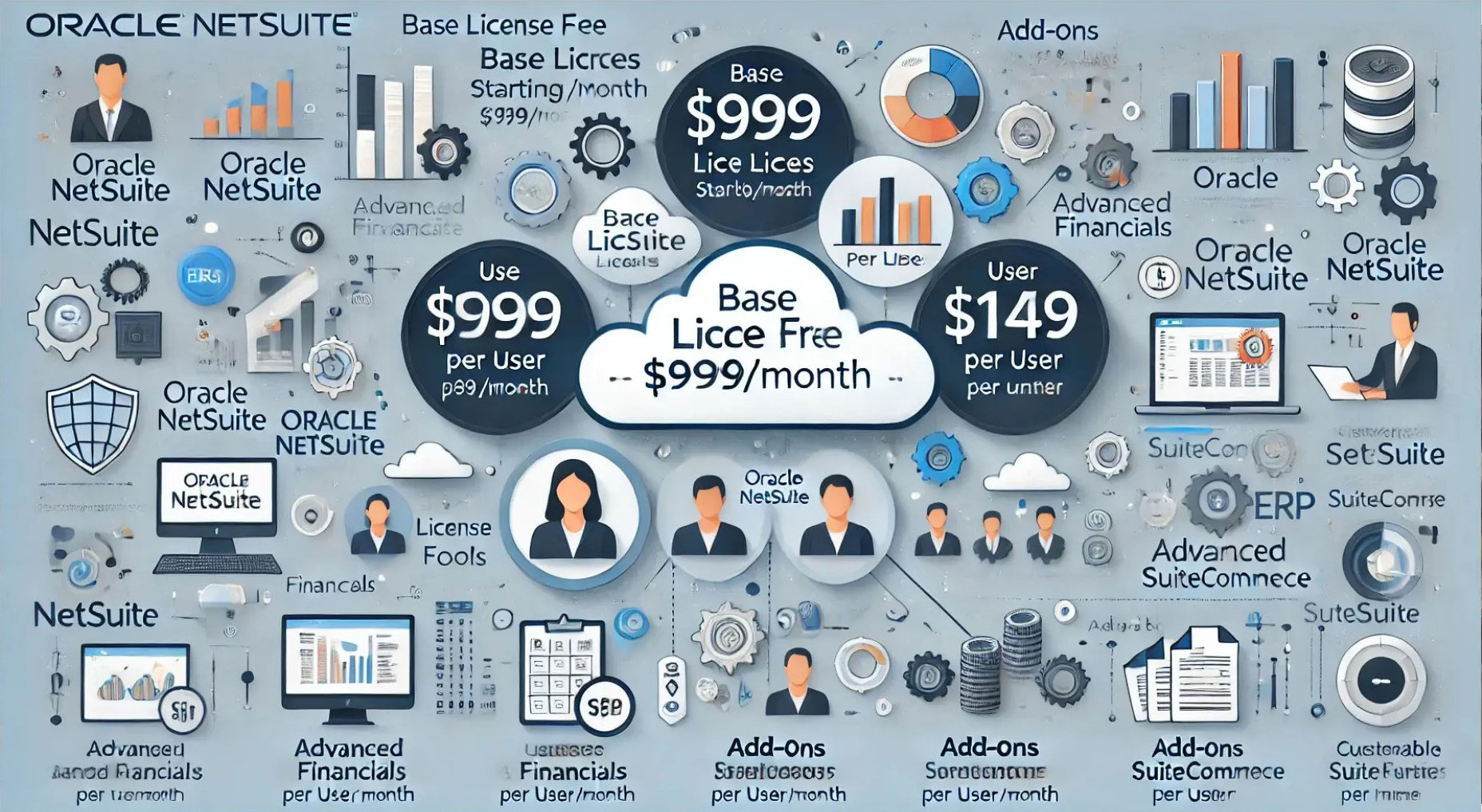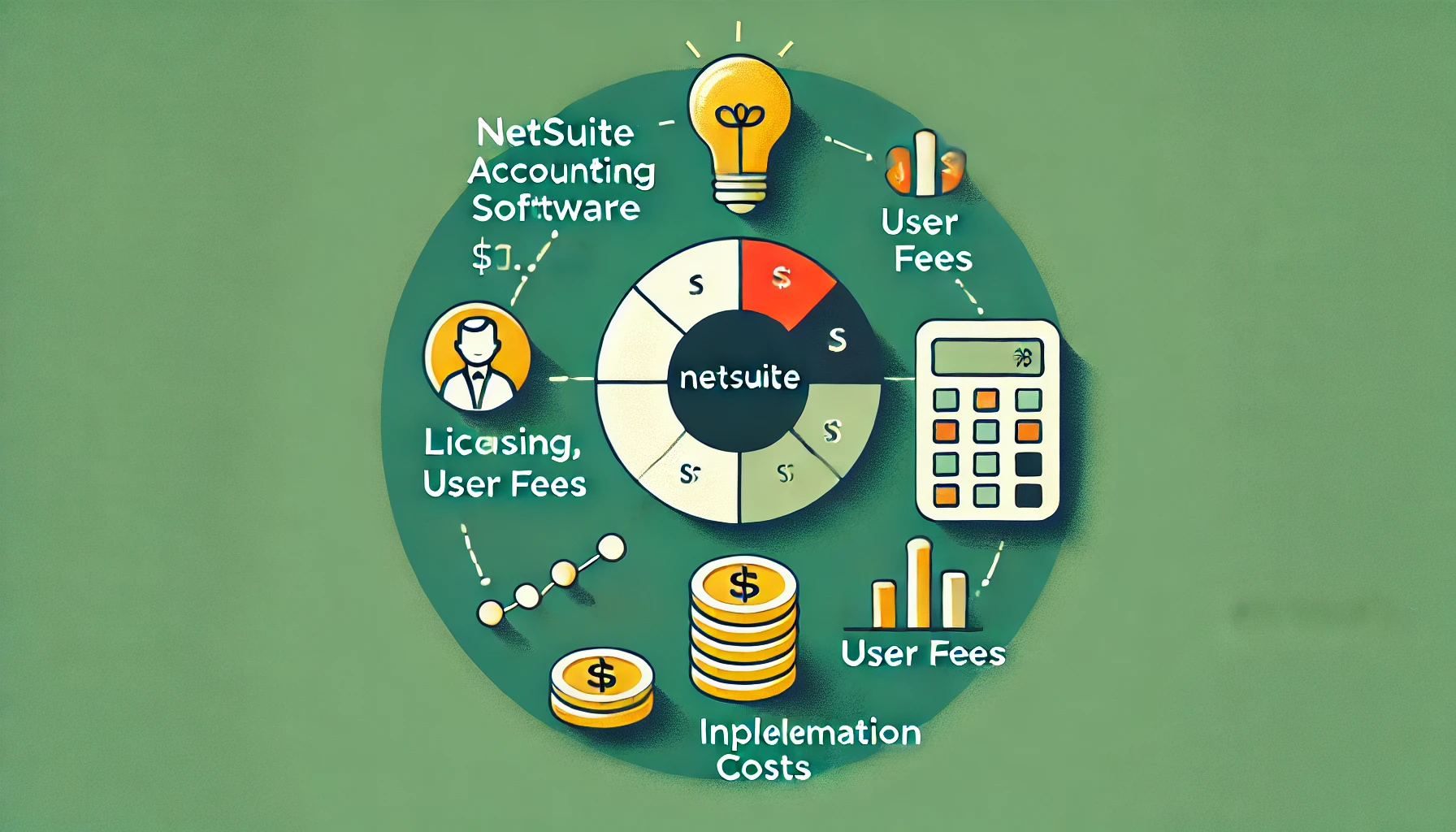In the ever-evolving world of business technology, enterprise resource planning (ERP) systems are indispensable for streamlining operations, managing resources, and fostering growth. However, like any complex system, ERPs require regular monitoring and maintenance to ensure they continue to perform optimally. Regular ERP health checks play a crucial role in identifying inefficiencies, ensuring compliance, and adapting to changing business needs. For businesses seeking efficiency and scalability, Custom ERP Solutions for Your Business can further enhance these benefits by tailoring ERP systems to unique requirements.
Table of Contents
ToggleWhat Are ERP Health Checks?
ERP health checks involve systematically evaluating your ERP system to identify performance gaps, inefficiencies, and areas of improvement. This process encompasses analyzing system usage, configuration, integrations, and overall functionality to ensure that the ERP aligns with your business objectives.

Why Regular ERP Health Checks Are Essential
- Optimize System Performance: Over time, ERP systems can experience lag due to increased data loads, outdated configurations, or redundant processes. Regular health checks help identify and address these issues, ensuring that your system operates at peak performance.
- Adapt to Business Growth: As businesses grow, their operational needs evolve. A health check evaluates whether the ERP system is still aligned with current objectives and whether it requires additional modules, features, or integrations to accommodate growth.
- Enhance Security and Compliance: With increasing threats of cyberattacks and evolving regulatory requirements, ensuring the security and compliance of your ERP system is critical. Health checks help identify vulnerabilities and ensure that your system complies with industry regulations.
- Prevent Costly Downtime: Unexpected system failures can disrupt operations and result in significant losses. Regular evaluations help detect potential issues early, allowing businesses to address them proactively and prevent downtime.
- Maximize ROI: An underperforming ERP system can drain resources without delivering the expected benefits. Regular health checks ensure that your investment in the system continues to yield optimal returns by aligning its performance with business goals.
Steps Involved in an ERP Health Check
- Performance Analysis: Evaluate the overall performance of the ERP system, including response times, data processing efficiency, and system uptime. This step ensures that the ERP is running smoothly and meeting user expectations.
- User Feedback Collection: Gather feedback from employees to understand any challenges or limitations they face while using the ERP system. User input is invaluable in identifying practical inefficiencies.
- Data Integrity Review: Analyze the quality and consistency of data stored in the ERP system. Poor data quality can hinder decision-making and lead to errors in operations.
- Configuration and Customization Check: Review the system’s configurations and customizations to ensure they are still relevant to current business processes. This step also evaluates whether new features need to be implemented.
- Integration Assessment: Assess how well the ERP system integrates with other tools and software used by the organization. Seamless integration is crucial for efficient workflows and data sharing.
- Compliance and Security Audit: Examine the system’s compliance with industry regulations and evaluate its security protocols to protect sensitive data from breaches.
- Action Plan Development: Based on the findings, create a detailed action plan to address any issues and implement necessary improvements. This plan should include timelines, resources, and responsibilities.
Benefits of Custom ERP Solutions for Your Business
While regular health checks are essential, businesses often benefit from implementing Custom ERP Solutions for Your Business. These tailored systems are designed to meet the specific needs of your organization, ensuring that your ERP solution evolves alongside your business.
- Tailored Features: Custom ERP systems offer features and functionalities designed specifically for your industry and operational requirements, eliminating unnecessary tools and streamlining workflows.
- Scalability: As your business grows, custom ERP solutions can scale to accommodate increased data, users, and complexity, ensuring that your system supports long-term growth.
- Improved User Adoption: With features that align closely with your business processes, custom ERP solutions are easier for employees to adopt, reducing the learning curve and enhancing productivity.
- Competitive Advantage: A custom ERP system allows businesses to stay ahead of the competition by offering unique features and capabilities that standard systems may not provide.
- Cost Efficiency: Although custom ERP solutions may require an initial investment, they can reduce costs in the long run by eliminating inefficiencies, automating processes, and preventing the need for frequent upgrades.
How Often Should ERP Health Checks Be Conducted?
The frequency of ERP health checks depends on the size and complexity of your organization, as well as the nature of your industry. However, it’s generally recommended to conduct a health check:
- Annually: For a comprehensive evaluation of the system.
- Biannually: If your organization is undergoing significant growth or change.
- After Major Updates: Following upgrades or system changes to ensure smooth functioning.
- When Issues Arise: If users report consistent problems or inefficiencies.
When to Consider an ERP Upgrade
While regular health checks can extend the lifespan of your ERP system, there may come a time when an upgrade is necessary. Signs that it’s time to consider an upgrade include:
- The system is no longer supported by the vendor.
- Users face frequent downtime or errors.
- The ERP cannot handle the volume of data or users required.
- Integration with newer tools is impossible or challenging.
For such scenarios, exploring Custom ERP Solutions for Your Business can provide a future-proof alternative tailored to your needs.

Conclusion
Regular ERP health checks are not just a maintenance task—they are a strategic initiative to ensure that your system supports your business’s evolving goals. By conducting comprehensive evaluations and leveraging Custom ERP Solutions for Your Business, companies can optimize their operations, enhance security, and maximize the value of their ERP investments.
At ERP with Sagar, we are committed to helping businesses navigate the complexities of ERP systems. Whether you’re looking to conduct a health check or implement a custom solution, our expertise ensures that your ERP system drives efficiency and growth. Start your journey toward a more optimized ERP system today!




